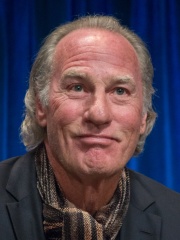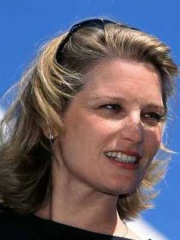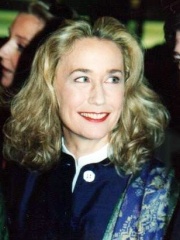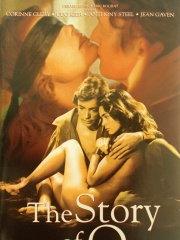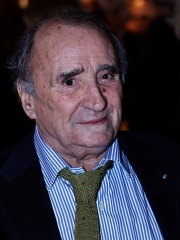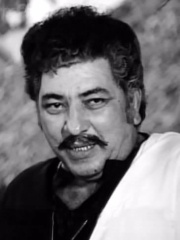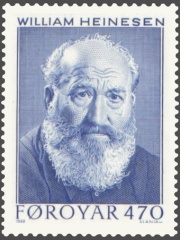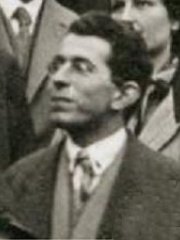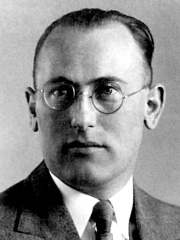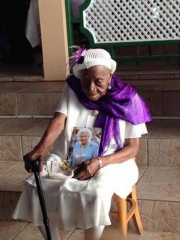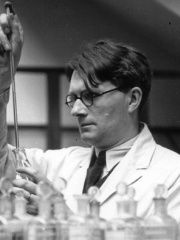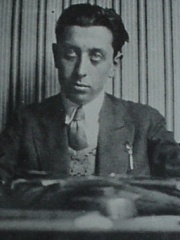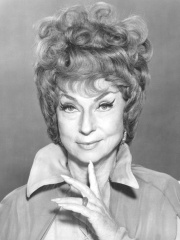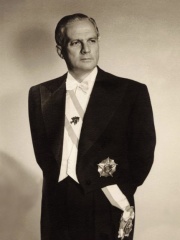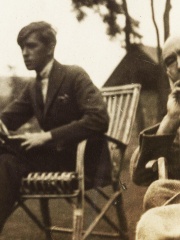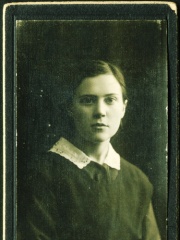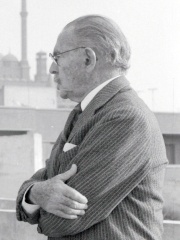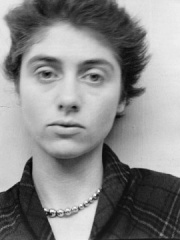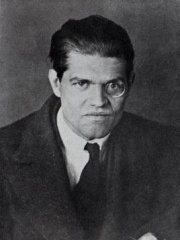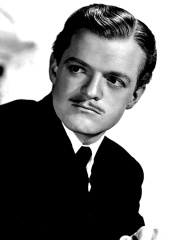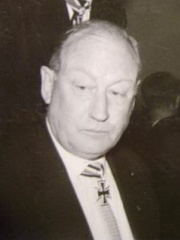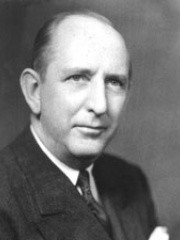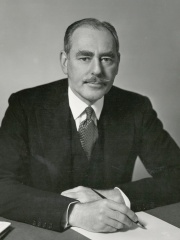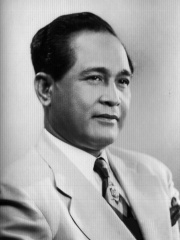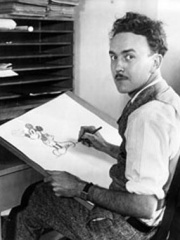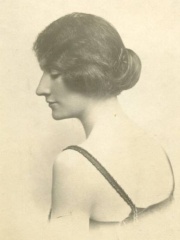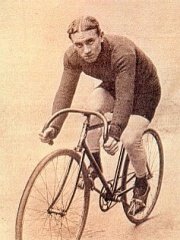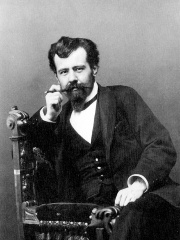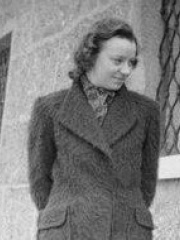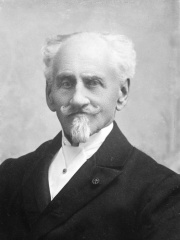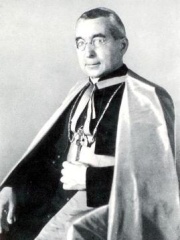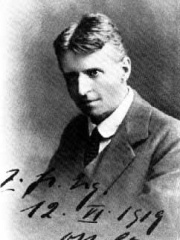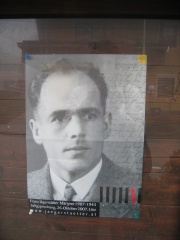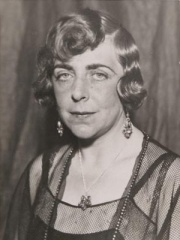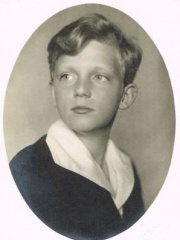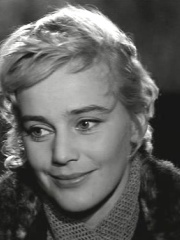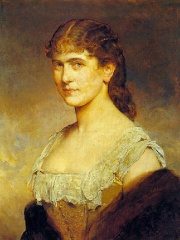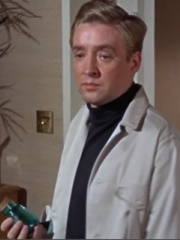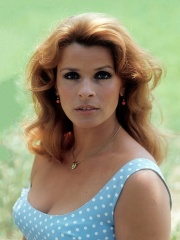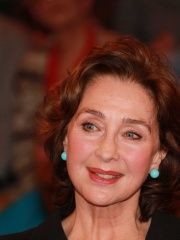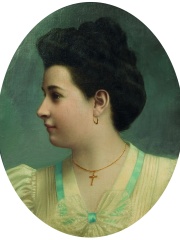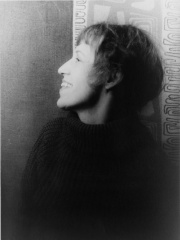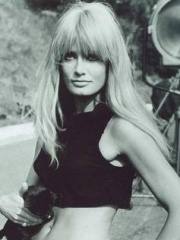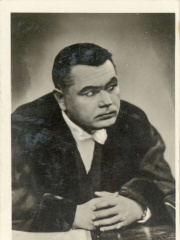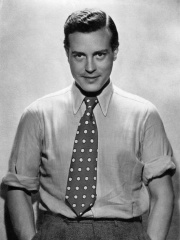Acteur
Helene Weigel
1900 - 1971
FR.WIKIPEDIA PAGE VIEWS (PV)
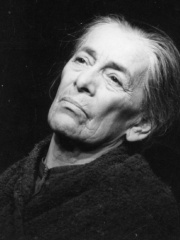
 Helene Weigel
Helene Weigel
Sa biographie est disponible en 35 langues sur Wikipédia (en hausse par rapport à 33 en 2024). Helene Weigel est la 1,221st acteur la plus populaire (en baisse du 1,011th en 2024), la 378th biographie la plus populaire d'Autriche (en baisse du 347th en 2019), ainsi que la 13th acteur d'Autriche la plus populaire.
Memorability Metrics
Page views of Helene Weigel by language
Among Acteurs
Among acteurs, Helene Weigel ranks 1,221 out of 13,578. Before her are Craig T. Nelson, Bridget Fonda, Armand Assante, Liv Tyler, Brigitte Fossey, and Corinne Cléry. After her are Sarah Wayne Callies, Michelle Rodriguez, Claude Brasseur, Amjad Khan, Stockard Channing, and Eva Mendes.
Most Popular Acteurs in Wikipedia
Go to all RankingsCraig T. Nelson
1944 - Present
HPI: 64.84
Rank: 1,215
Bridget Fonda
1964 - Present
HPI: 64.83
Rank: 1,216
Armand Assante
1949 - Present
HPI: 64.82
Rank: 1,217
Liv Tyler
1977 - Present
HPI: 64.82
Rank: 1,218
Brigitte Fossey
1946 - Present
HPI: 64.82
Rank: 1,219
Corinne Cléry
1950 - Present
HPI: 64.81
Rank: 1,220
Helene Weigel
1900 - 1971
HPI: 64.80
Rank: 1,221
Sarah Wayne Callies
1977 - Present
HPI: 64.80
Rank: 1,222
Michelle Rodriguez
1978 - Present
HPI: 64.80
Rank: 1,223
Claude Brasseur
1936 - 2020
HPI: 64.79
Rank: 1,224
Amjad Khan
1940 - 1992
HPI: 64.78
Rank: 1,225
Stockard Channing
1944 - Present
HPI: 64.77
Rank: 1,226
Eva Mendes
1974 - Present
HPI: 64.77
Rank: 1,227
Contemporaries
Among people born in 1900, Helene Weigel ranks 84. Before her are William Heinesen, Fritz London, Franz Walter Stahlecker, Karin Boye, Violet Brown, and Joseph Needham. After her are Robert Desnos, Agnes Moorehead, Camille Chamoun, Marc Allégret, Bluma Zeigarnik, and Hassan Fathy. Among people deceased in 1971, Helene Weigel ranks 51. Before her are Georgy Dobrovolsky, Diane Arbus, Raoul Hausmann, Van Heflin, Heinz Lammerding, and Richard Russell Jr.. After her are Dean Acheson, Carlos P. Garcia, Edie Sedgwick, Ub Iwerks, Princess Maria Bona of Savoy-Genoa, and Philippe Thys.
Others Born in 1900
Go to all RankingsWilliam Heinesen
WRITER
1900 - 1991
HPI: 65.24
Rank: 78
Fritz London
CHEMIST
1900 - 1954
HPI: 65.20
Rank: 79
Franz Walter Stahlecker
POLITICIAN
1900 - 1942
HPI: 65.16
Rank: 80
Karin Boye
WRITER
1900 - 1941
HPI: 65.11
Rank: 81
Violet Brown
RELIGIOUS FIGURE
1900 - 2017
HPI: 65.06
Rank: 82
Joseph Needham
WRITER
1900 - 1995
HPI: 64.82
Rank: 83
Helene Weigel
ACTOR
1900 - 1971
HPI: 64.80
Rank: 84
Robert Desnos
WRITER
1900 - 1945
HPI: 64.63
Rank: 85
Agnes Moorehead
ACTOR
1900 - 1974
HPI: 64.37
Rank: 86
Camille Chamoun
POLITICIAN
1900 - 1987
HPI: 64.34
Rank: 87
Marc Allégret
FILM DIRECTOR
1900 - 1973
HPI: 64.25
Rank: 88
Bluma Zeigarnik
PSYCHOLOGIST
1900 - 1988
HPI: 64.09
Rank: 89
Hassan Fathy
ARCHITECT
1900 - 1989
HPI: 64.09
Rank: 90
Others Deceased in 1971
Go to all RankingsGeorgy Dobrovolsky
ASTRONAUT
1928 - 1971
HPI: 65.32
Rank: 45
Diane Arbus
PHOTOGRAPHER
1923 - 1971
HPI: 65.18
Rank: 46
Raoul Hausmann
PAINTER
1886 - 1971
HPI: 65.14
Rank: 47
Van Heflin
ACTOR
1908 - 1971
HPI: 65.10
Rank: 48
Heinz Lammerding
MILITARY PERSONNEL
1905 - 1971
HPI: 65.04
Rank: 49
Richard Russell Jr.
POLITICIAN
1897 - 1971
HPI: 65.01
Rank: 50
Helene Weigel
ACTOR
1900 - 1971
HPI: 64.80
Rank: 51
Dean Acheson
DIPLOMAT
1893 - 1971
HPI: 64.51
Rank: 52
Carlos P. Garcia
POLITICIAN
1896 - 1971
HPI: 64.48
Rank: 53
Edie Sedgwick
CELEBRITY
1943 - 1971
HPI: 64.16
Rank: 54
Ub Iwerks
FILM DIRECTOR
1901 - 1971
HPI: 64.09
Rank: 55
Princess Maria Bona of Savoy-Genoa
NOBLEMAN
1896 - 1971
HPI: 64.07
Rank: 56
Philippe Thys
CYCLIST
1889 - 1971
HPI: 63.98
Rank: 57
In Autriche
Among people born in Autriche, Helene Weigel ranks 378 out of NaN. Before her are Hermann Bahr (1863), Constanze Manziarly (1920), Helmuth Koinigg (1948), Franz Sacher (1816), Alois Hudal (1885), and Otto Gross (1877). After her are Franz Jägerstätter (1907), Johannes Schober (1874), Vicki Baum (1888), Willi Boskovsky (1909), Otto Barić (1933), and Archduke Carl Ludwig of Austria (1918).
Others born in Autriche
Go to all RankingsHermann Bahr
WRITER
1863 - 1934
HPI: 64.93
Rank: 372
Constanze Manziarly
POLITICIAN
1920 - 1945
HPI: 64.92
Rank: 373
Helmuth Koinigg
RACING DRIVER
1948 - 1974
HPI: 64.91
Rank: 374
Franz Sacher
CHEF
1816 - 1907
HPI: 64.87
Rank: 375
Alois Hudal
RELIGIOUS FIGURE
1885 - 1963
HPI: 64.84
Rank: 376
Otto Gross
PSYCHOLOGIST
1877 - 1920
HPI: 64.83
Rank: 377
Helene Weigel
ACTOR
1900 - 1971
HPI: 64.80
Rank: 378
Franz Jägerstätter
RELIGIOUS FIGURE
1907 - 1943
HPI: 64.79
Rank: 379
Johannes Schober
POLITICIAN
1874 - 1932
HPI: 64.78
Rank: 380
Vicki Baum
WRITER
1888 - 1960
HPI: 64.77
Rank: 381
Willi Boskovsky
MUSICIAN
1909 - 1991
HPI: 64.76
Rank: 382
Otto Barić
COACH
1933 - 2020
HPI: 64.73
Rank: 383
Archduke Carl Ludwig of Austria
NOBLEMAN
1918 - 2007
HPI: 64.70
Rank: 384
Among Acteurs In Autriche
Among acteurs born in Autriche, Helene Weigel ranks 13. Before her are Maria Schell (1926), Klaus Maria Brandauer (1943), Katharina Schratt (1853), Oskar Werner (1922), Martin Weinek (1964), and Senta Berger (1941). After her are Christine Kaufmann (1945), Mizzi Kaspar (1864), Lotte Lenya (1898), Marisa Mell (1939), Oscar Homolka (1898), and Wolf Albach-Retty (1906).
Maria Schell
1926 - 2005
HPI: 69.42
Rank: 7
Klaus Maria Brandauer
1943 - Present
HPI: 68.69
Rank: 8
Katharina Schratt
1853 - 1940
HPI: 68.34
Rank: 9
Oskar Werner
1922 - 1984
HPI: 66.74
Rank: 10
Martin Weinek
1964 - Present
HPI: 66.00
Rank: 11
Senta Berger
1941 - Present
HPI: 65.17
Rank: 12
Helene Weigel
1900 - 1971
HPI: 64.80
Rank: 13
Christine Kaufmann
1945 - 2017
HPI: 64.43
Rank: 14
Mizzi Kaspar
1864 - 1907
HPI: 64.34
Rank: 15
Lotte Lenya
1898 - 1981
HPI: 63.36
Rank: 16
Marisa Mell
1939 - 1992
HPI: 63.35
Rank: 17
Oscar Homolka
1898 - 1978
HPI: 63.09
Rank: 18
Wolf Albach-Retty
1906 - 1967
HPI: 62.28
Rank: 19
